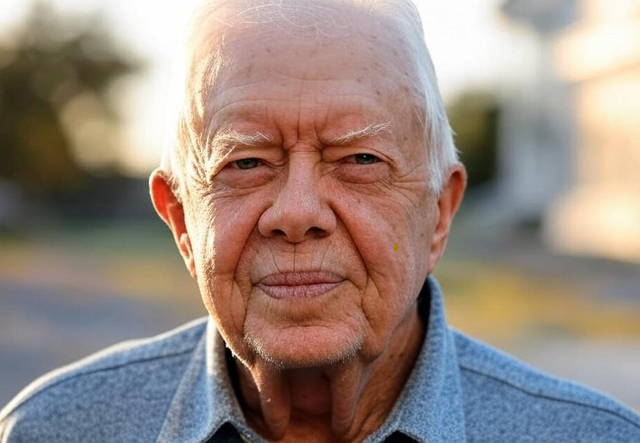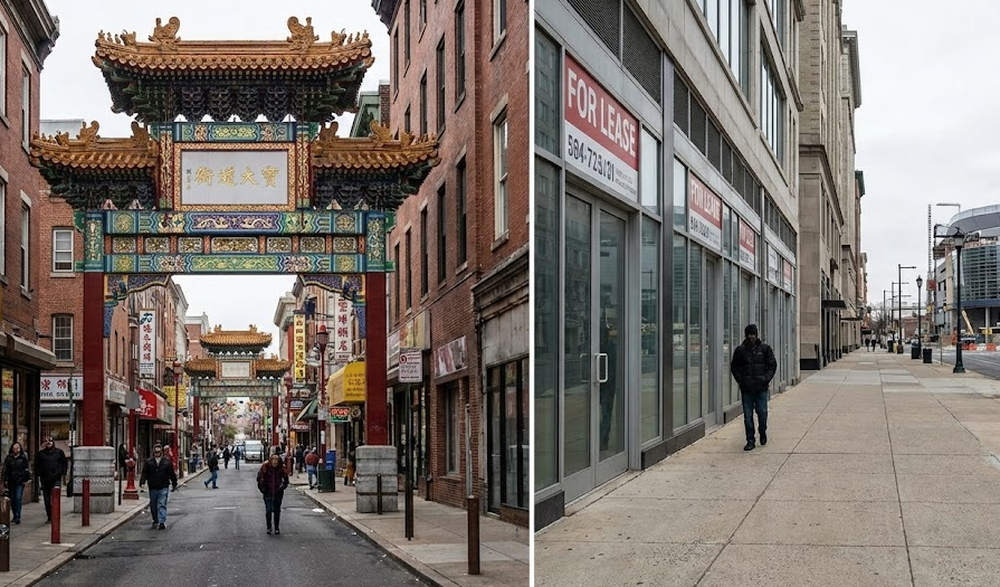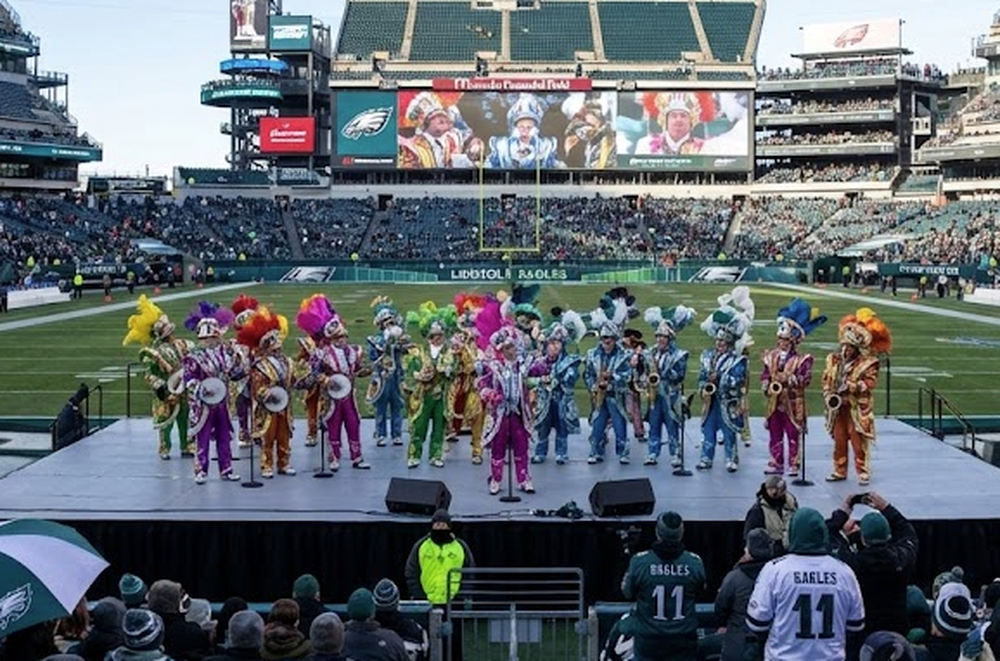PLAINS, GA - Former President Jimmy Carter, the 39th President of the United States, passed away peacefully on Sunday at his home in Plains, Georgia, at the age of 100. His death marks the end of an era for a man whose legacy extends far beyond his single term in the White House. Carter had been under hospice care since February 2023, following a series of health challenges in his later years.
Born on October 1, 1924, in Plains, Georgia, Carter's journey from a peanut farmer to the presidency is emblematic of the American dream. He took office in 1977, promising a return to morality in politics after the Watergate scandal. His presidency was fraught with challenges, including an economic recession, high inflation, and the Iran hostage crisis, which ultimately contributed to his defeat by Ronald Reagan in the 1980 election.
However, it was his post-presidency life that perhaps most significantly shaped his public image and legacy. Together with his wife, Rosalynn, Carter founded The Carter Center in 1982, dedicating his life to humanitarian causes. The Center focused on promoting human rights, alleviating suffering, and advancing peace worldwide. Some of his notable achievements include leading efforts to eradicate Guinea worm disease, monitoring elections for fairness, and mediating in conflicts around the globe.
One of Carter's most celebrated diplomatic efforts was the brokering of the Camp David Accords in 1978, which established a framework for peace between Egypt and Israel. This achievement earned him widespread acclaim, eventually culminating in his receipt of the Nobel Peace Prize in 2002 for his decades of untiring effort to find peaceful solutions to international conflicts.
Carter's commitment to service continued through his association with Habitat for Humanity, where he physically worked alongside volunteers to build homes for those in need, embodying his belief in hands-on philanthropy. His dedication to this cause lasted until well into his nineties.
His faith played a significant role in his life and work, often teaching Sunday school at Maranatha Baptist Church in Plains, where he would connect with people from all walks of life. This personal engagement helped cement his reputation as one of the most accessible and beloved former presidents.
Tributes have poured in from around the world, with leaders and ordinary citizens alike acknowledging Carter's contributions to peace, democracy, and human rights. President Joe Biden has ordered an official state funeral in Washington, D.C., to honor Carter's legacy.
Carter's life was marked by resilience, humility, and an unwavering commitment to service, qualities that made him unique among U.S. presidents. He leaves behind his children, numerous grandchildren, and great-grandchildren, who continue to uphold his values and vision.
As the world mourns, the legacy of Jimmy Carter remains a beacon of hope and a testament to what one individual can achieve through a life dedicated to serving others.







